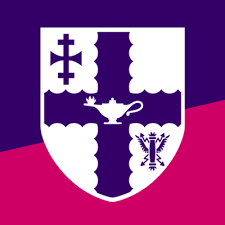
MEng (Hons) in Aeronautical Engineering (with Placement)
Loughborough University, Loughborough


Loughborough University, Loughborough

MEng (Hons) in Aeronautical Engineering (with Placement)
Loughborough University, Loughborough
It is a top-ranked institution verified by QS
Degree
Undergraduate
Duration
60
Course Type
With Co-op
Co-op education gives you real-world experience in a job related to your studies.
INR
31.41L
USD 36947
1st Year Tuition Fees
Opening Soon
GBP 28.5